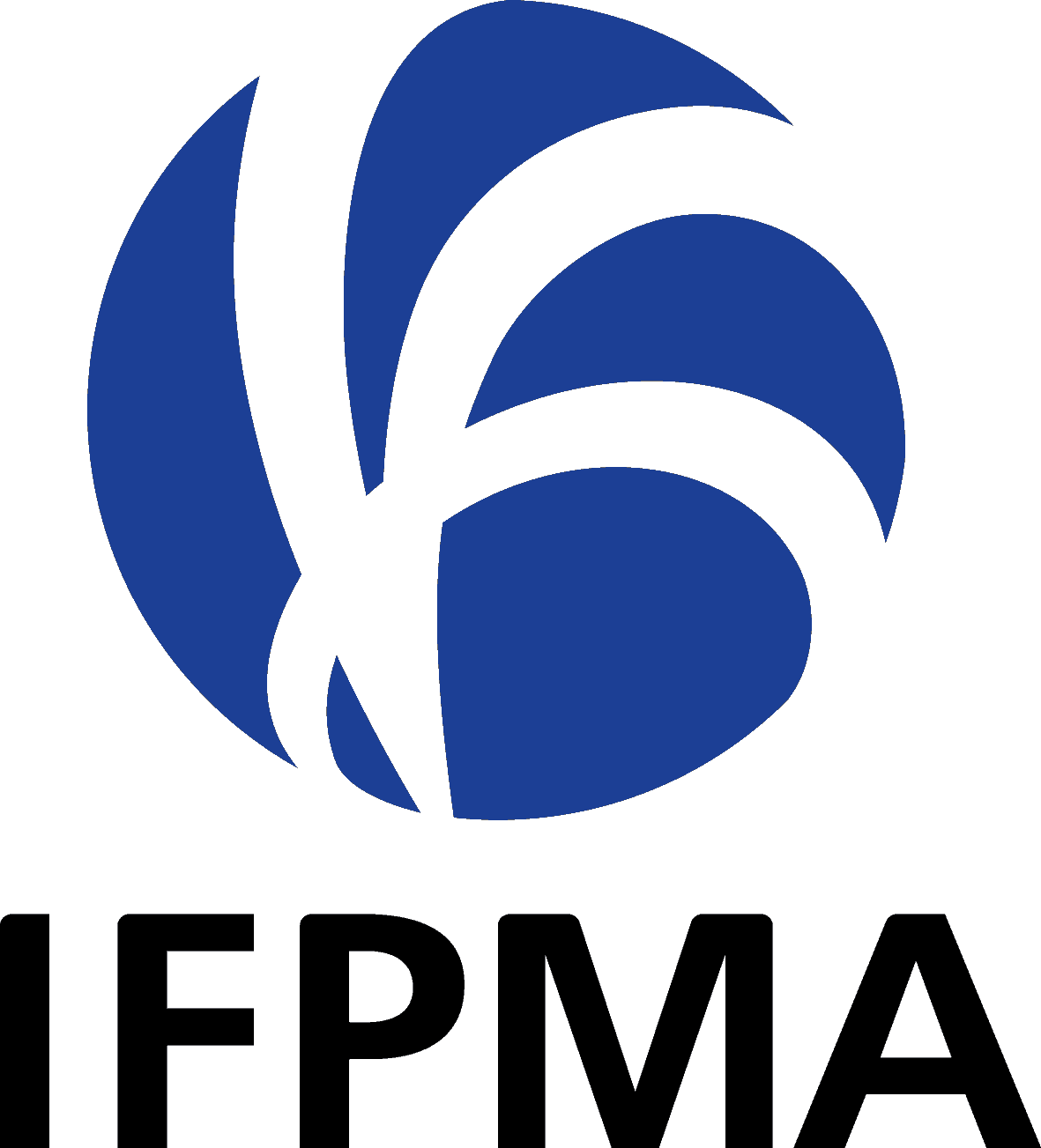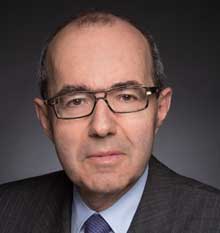
A newly updated global code of practice for the pharmaceutical industry has come into force, banning the offering of gifts and promotional aids around the world.
The new code has been introduced by the pharma sector’s global self-regulatory body the International Federation of Pharmaceutical Manufacturers and Associations (IFPMA), and aims to bring the whole world up to the same standards now well-established in the US and Europe.
The new rules came into effect on 1 January, and include a ban on gifts given by pharma representatives to healthcare professionals or officials, including Post-Its, calendars and diaries and other similar stationery items. The ban has now also been extended for the first time to gifts given for national, cultural or religious reasons, such as mooncakes – a Chinese cultural custom.
Another common practice in some countries until now has been condolence payments – often observed in Asian cultures when a guest cannot attend a funeral. However these and all other gifts have been outlawed, with the aim of eliminating suspicions of bribery or inappropriate influence.
Another significant shift involves the IFPMA moving away from a rules-based approach to a values-based code, built upon four pillars, including fairness, honesty, care and respect.
It says it wants to “instil a culture of ethics and integrity” by bringing the rest of the world in line with current European and US guidelines.
“Trust is the life-blood of our industry, it is the “north star” for our behaviours,” says Thomas Cueni, IFPMA Director-General.
“It’s not just what pharmaceutical innovation achieves that matters, but also how the industry goes about achieving it. Implementing the new and revised Code in full is about walking the talk, about earning our license to operate.”

Thomas Cueni, Director-General, IFPMA
He adds: “We encourage doctors, pharmacists, nurses and patients to become aware of the updated ethical standards. The better our stakeholders understand our standards and hold us to account, the easier it will be for us to live-up to our commitments.”
The IFPMA says a shift away from rules to values will help members make the right decisions when faced with grey areas or questions not covered in written guidance.
Many multinational pharmaceutical companies such as Pfizer, AstraZeneca and Novartis have already instituted global bans on gifts in recent years.
Kawaldip Sehmi, CEO of the International Alliance of Patients’ Organizations (IAPO) commented: “We are glad to see that the new pharma industry Code of Practice is value-based, this will lead to the right instinct to put the patient first.
“From a patient perspective, we support self-regulation for all healthcare professionals and industry. It is important that when they step into a doctor’s cabinet, patients know that they can trust that advice. We are happy to work with the Code and promote it”.
The code, which was first introduced in 1981, has been revised five times since its first launch, and the IFPMA says the latest update has raised the compliance bar to its highest ever.
Nevertheless, the existence of self-regulatory codes aren’t guarantees that certain companies will comply, especially as the IFPMA and other codes don’t carry legal or financial sanctions. Last year it emerged that Novartis had made secret payments of millions of dollars to Donald Trump’s lawyer Michael Cohen, who has now been jailed for lying to Congress, campaign finance violations and tax evasion.
The company has now appointed Klaus Moosmayer to a new board-level compliance role. However it is also facing allegations of bribery in Greece, where it is alleged it made payments to health officials to influence government policy.
The industry is keen to eliminate bribery and corruption from practices in emerging markets, especially China, as this represents much of the sector’s future growth. China’s authorities have cracked down on bribery among state employees and healthcare professionals, and fined GSK $490m for corruption in 2014.




